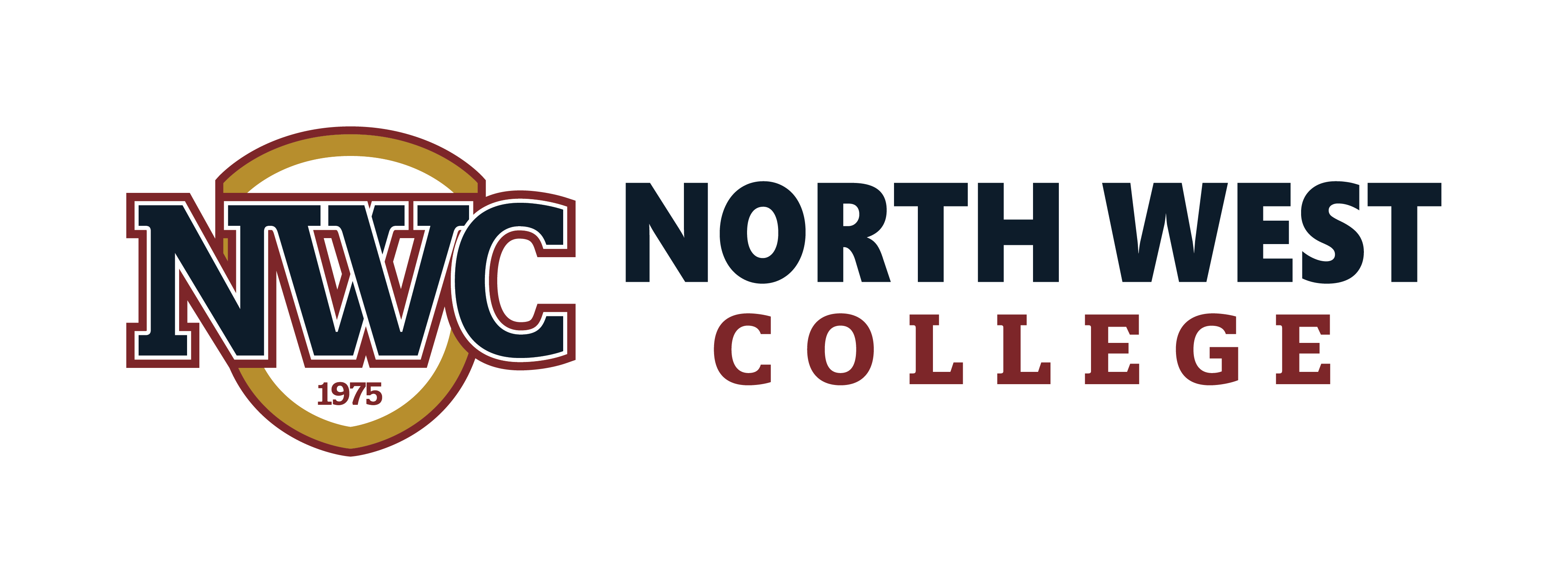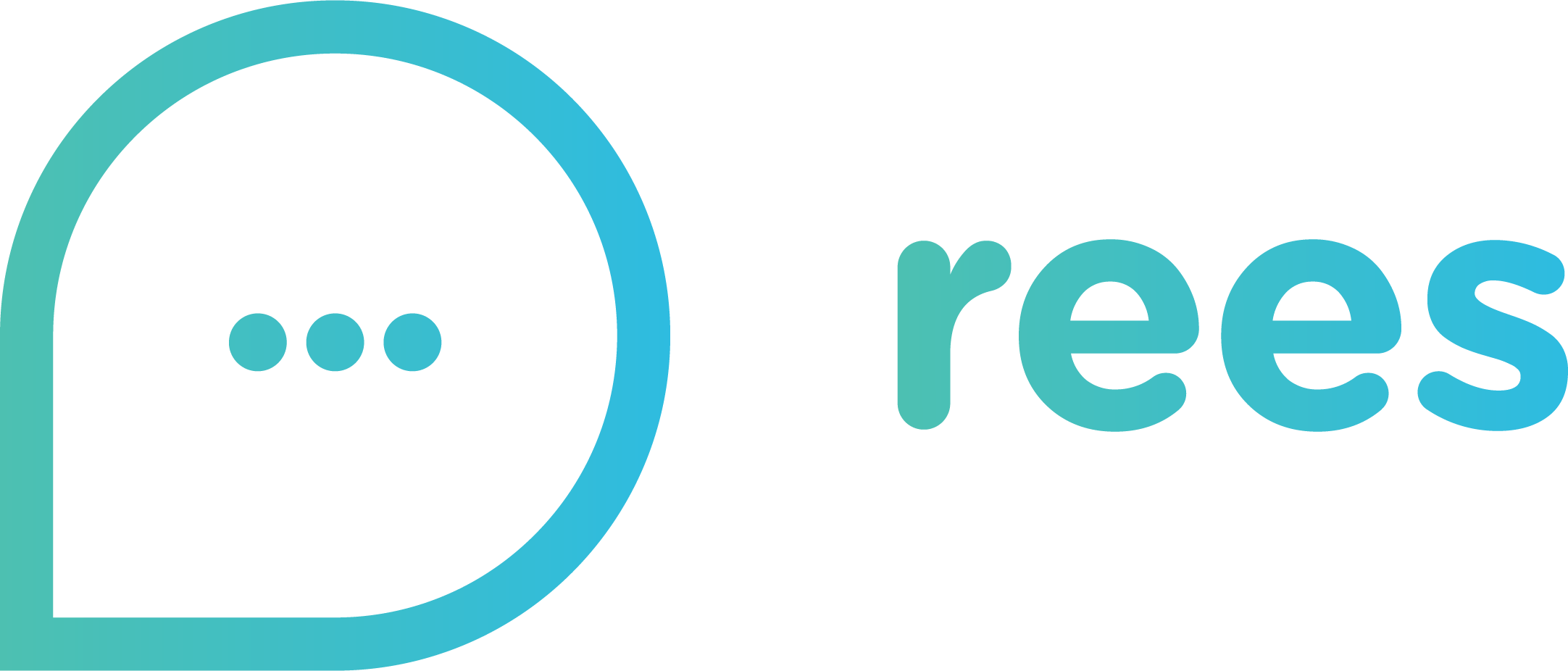Early Childhood Education Level III Diploma - Fall 2025 2025-2026
Overview
This Early Childhood Education (ECE) program offered in cooperation with Lakeland College gives you the knowledge and skills you need to work in a variety of child care settings. The ECE program integrates current research on early childhood education into all of your courses. You'll develop strong communication, observation and documentation skills. Program length is one year for the level III Diploma.
You will receive well-rounded training in:
- Communication
- Play
- Early Childhood Professionalism
- Health, Safety and Nutrition
- Human Development
- Exploring Exceptionalities
- Positive Behaviour Supports
- Creative and Applied Curriculum
- Practical Experience
NOTE: A full description of each course is outlined below in "Courses"
Students must be able to travel to 2 practicum placements each academic year. Each placement is approximately 20 days. Placements are typically located in North Battleford and sometimes Battleford. Students are responsible for any other program fees, transportation, and other program materials.
Note: After successfully completing the required courses, you will apply to the Government of Saskatchewan to receive your diploma in Early Childhood Education level III.
September 2025 Start date
Battlefords Campus
Sep 8th, 2025 - May 29th, 2026 Full-time
Weekdays : 09:00am to 04:00pm
Tuition: $18000.00 (subject to change)
Application Fee of $150.00
Admission Requirements
- A valid Saskatchewan ECE Level II certificate is required to enroll in this program.
- High school diploma with a minimum 50% in English A30 and English B30; or 65% in English A31 and English B31.
- A criminal record check (with a vulnerable sector check) is required and you are responsible for requesting one through the RCMP in your hometown. The cost may vary. Based on the information received, students may be denied entrance into the program.
- A valid First Aid and CPR AED - Level C certificate will be required prior to practicum placements.
Courses
-
Practicum III
This first practicum in the second year emphasizes working with children, administrators, and families. Students develop and operate a community-based children's program where they plan and organize their day with guidance from supervising personnel. Students spend 150 hours planning, implementing, and evaluating a childcare project, and 50 hours participating in individual group and feedback sessions. P/F. Prerequisite: Early Childhood Education Certificate. Co-requisites: Students must have completed or be in the process of successfully completing 4 second year courses including ED 243 with an overall GPA of 2.0 or greater.
-
Practicum IV
This practicum in the second year is designed for students to demonstrate the knowledge gained from their early childhood education courses through the examination of the operation of an approved child care setting. This practicum involves the creation of a portfolio which demonstrates reflective practice, including program planning for infants, toddlers and preschoolers, the creation of learning stories, an analysis of administrative responsibilities and the environment. Prerequisites: ED 230 with a GPA of 2.0 or greater. Co-requisites: Students must have completed or be in the process of successfully completing 8 courses in Early Childhood Education program with an overall GPA of 2.0 or greater.
-
Leadership and Management in ECE
This course integrates a humanistic perspective into the organizational frameworks of early childhood settings. Students explore policy and procedure in conjunction with the needs of children, staff, parents, and community. Prerequisite: Early Childhood Education certificate. Co-requisites: None
-
Outdoor and Nature Play
This course explores outdoor and nature play in a variety of early learning environments. This involves examining the views of learning in and with nature, the benefits of outdoor play, and the role of the educator in a nature-based curriculum. Approaches include Reggio-inspired programs, forest and nature schools and indigenous and land-based education. Prerequisite: Early Childhood Education certificate. Co-requisites: None
-
Emergent Environments for Children
This course is designed to enable students to apply observation skills, documentation, and curriculum approaches to develop program planning and design the environment in early learning settings. It examines narrative descriptions and the implementation of an emergent curriculum through play with respect to a child centered and educator facilitated approach. Prerequisite: Early Childhood Education. Co-requisites: None
-
Foundations of Inclusion
This course introduces students to inclusive attitudes and approaches in the context of disability studies. Students develop an awareness of the nature of disability, neurodiversity and developmental diversity, and explore the bias, stigma and systemic challenges which often create barriers to inclusion and support. Discussions, case studies and activities provide students with the knowledge and skills required for person-centered, inclusive practices. Pre/co-requisites: None
-
Leadership Activities
This course explores the link between the developmental needs of children and youth and community programming. Students research and analyze community needs and resources through the lens of engaging children/youth. Students plan program experiences to benefit children and youth. Emphasis is placed on developing students’ understanding of community programs and leadership and group management skills while designing/planning a variety of activities, which enhance opportunities for children/youth in the community. Pre/co-requisites: None
-
Supporting Diversity
This course provides students with an understanding of person-centered, strengths-based approaches to supporting diversity and promoting positive outcomes for those with disabilities. Discussions, activities and case studies provide students with the knowledge and skills needed to engage in critical inquiry about minimizing barriers to access, supporting diverse needs and engaging in advocacy.Prerequisite: HS 115. Co-requisites: None
-
Sensory Development
This course examines brain development and sensory processing as it relates to planning activities for children. Special emphasis is placed on sensory processing as a lens for understanding learning and behaviour. This course explores strategies in relation to designing and adapting environments to meet the needs of children. Pre/co-requisites: None
-
Intercultural Competencies
This course is designed to develop intercultural awareness, attitudes, knowledge, and skills. Students explore their own worldviews and assumptions with the goal of reducing bias, fostering awareness and inclusivity, and promoting advocacy. The course offers students an opportunity to examine different ways of knowing, communicating and navigating conflict while building interpersonal and intercultural relationship skills. Pre/co-requisites: None
-
Infant and Toddler Mental Health
This course is designed to provide a foundation in the concepts and theories related to supporting infant/toddler mental health. This course explores infant/toddler mental health with a special focus on attachment theory. Students have the opportunity to learn specific strategies to promote healthy families in relation to supporting infant/toddler social emotional development. Prerequisite: SS 245. Co-requisites: None


